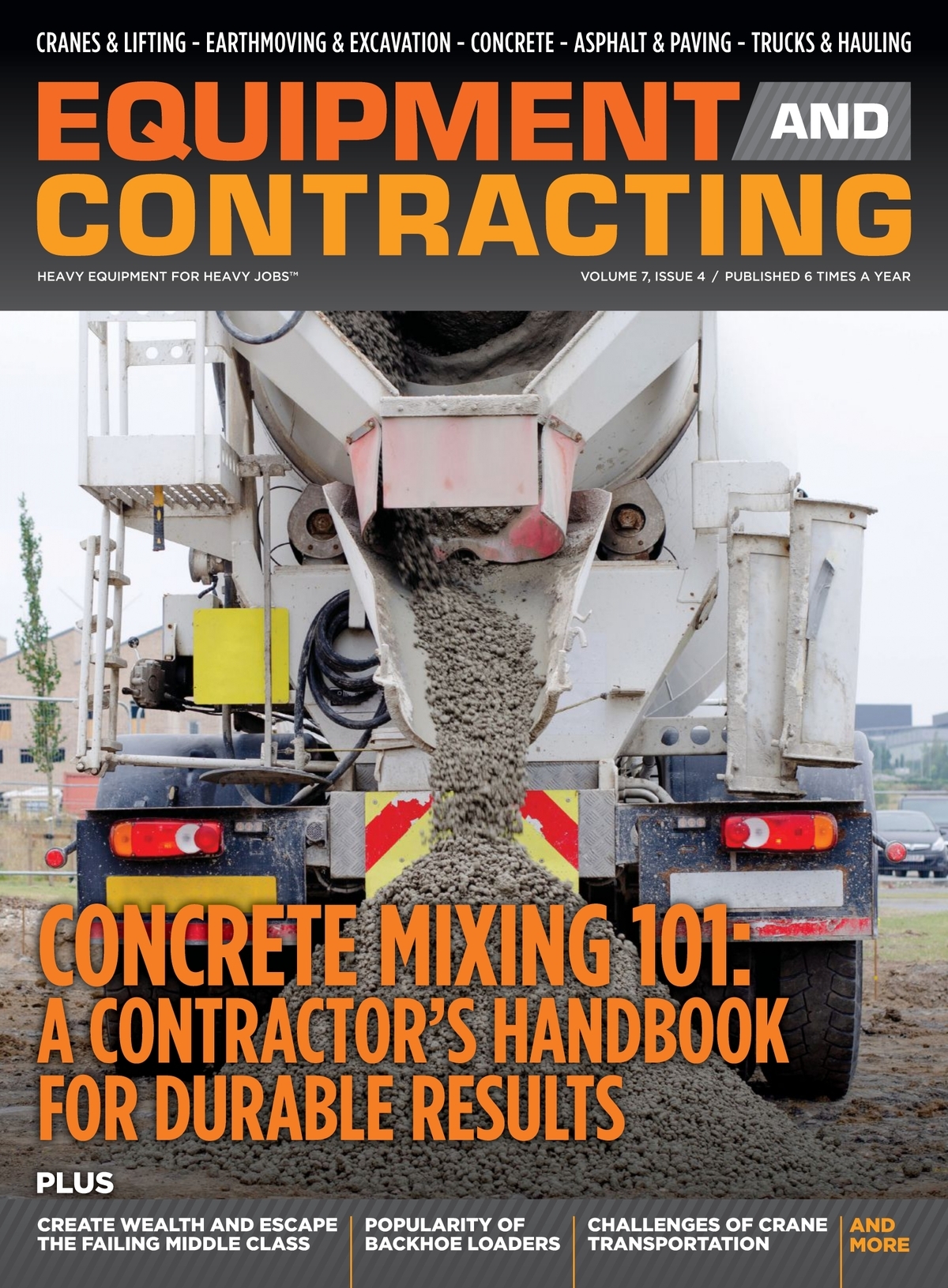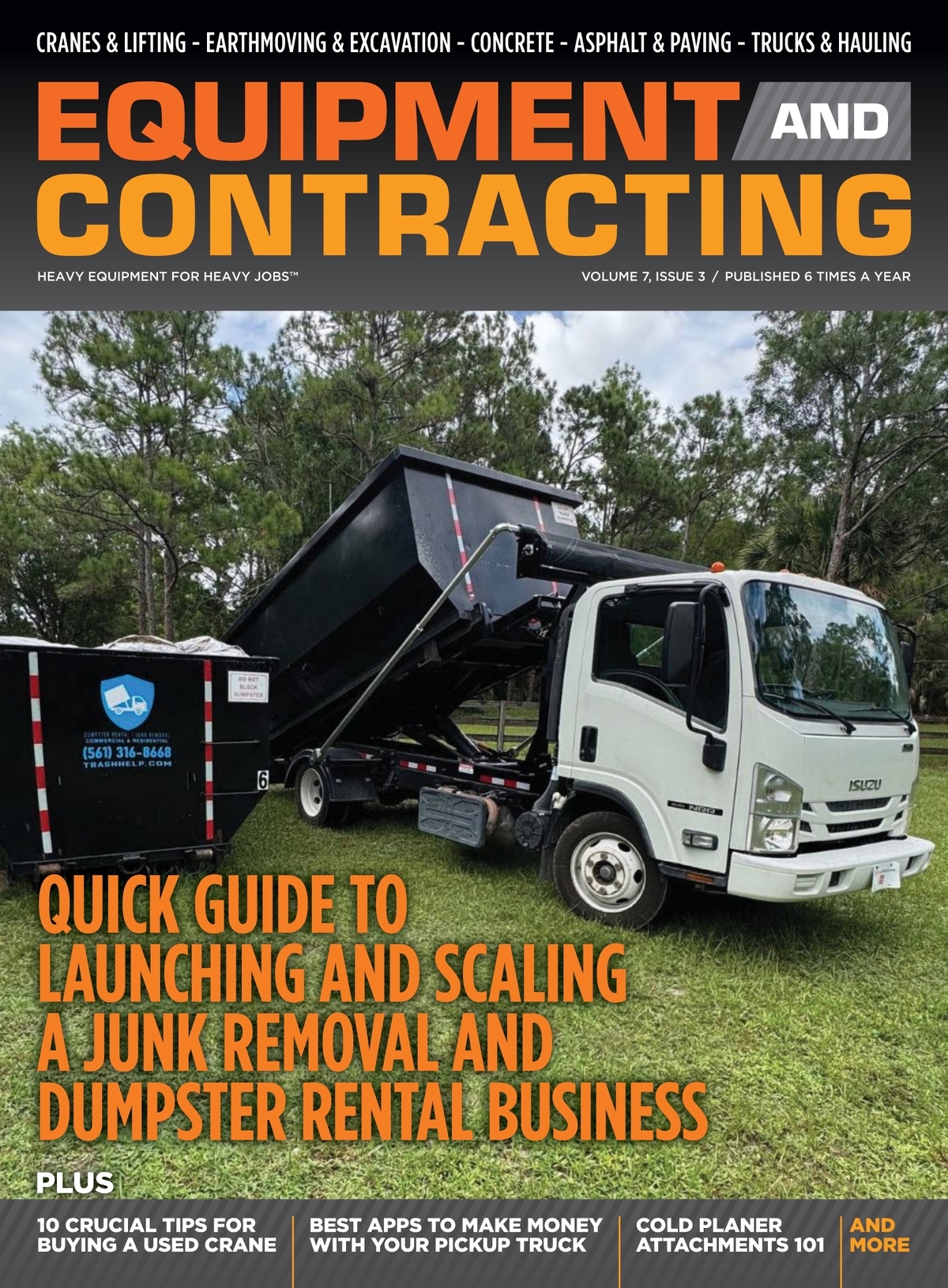
What you decide to name your new company matters, but how you structure it has more impact. Why? Two words: taxes and liability.
Types of Legal Entities
We can see your eyes starting to glaze over. Few people get excited when they hear the term “legal entities.” Okay, we understand it’s not as thrilling as selecting the right font for your website. But it’s critical to the success of your startup construction company. So wake up!
Let’s walk you through the different ways you can structure your startup construction company and the pros and cons of each.
Sole Proprietorship
You can just start doing business through your new business and – voila! – you’re a sole proprietorship. Meaning it’s a solo enterprise with no distinction between you and your business. You don’t have to register your business with your state – but you may need to obtain licenses and permits. You should consult a lawyer to understand the state and local laws you need to follow.
DBA
A “doing business as” or DBA allows you to run your construction company as a sole proprietorship under a fictitious name – not your own name. In this case, you will need to register the DBA and ensure that it is not already used by someone else. You can search the US Patent and Trademark database as a first step. If it appears that the name you would like to use is available, submit an application for review. Don’t print up the business cards until your application is approved. In case you were wondering, “Exxon” is already taken.
Pros and Cons of a Sole Proprietorship
Pros
It’s generally easier to prepare your taxes. Your income is reported on your personal tax return using what’s called a “Schedule C.” The good news is that you get to keep all the profits from your business and no one else gets to tell you how to run your company. It’s an easy way to get started – and you can change your legal entity in the future.
Cons

Liability
You are 100% personally responsible for the debts and liabilities of your sole proprietorship. The greatest potential con of a sole proprietorship is liability. Since there is no separation between you personally and your business, one good lawsuit could sink you. Insurance is one way to mitigate that risk. There is coverage available to protect your personal assets, including business insurance and a personal liability policy. Speak to an experienced insurance agent.
Funding
Unfortunately, bankers and investors are less likely to provide funding to you. Should anything happen to you – death or disability, for example – the business may not be able to continue on – and the risk is higher that you will default on the loan.
Accounting
Another potential con of a sole proprietorship is mixing your personal and business accounting. The best way to handle this is keeping separate accounts for business and personal transactions. It may be helpful to use a bookkeeping software program – or hiring an actual bookkeeper.
- It’s easy to get started.
- You call the shots.
- You keep the profits.
- Tax preparation is simpler.
But…
- It’s harder to get funding.
- You take on all the risk.
- Bookkeeping is challenging.
- You will likely pay the highest taxes.
Partnerships
You can decide to go into business with your friend or spouse and – voila! – you are a partnership. Each partner reports their income on their personal tax return. All partners are responsible for the debts and liabilities of the construction business. You do not have to register the partnership with the state. Like a sole proprietorship you may still need to get permits and licenses to do certain kinds of business in your state or your local community.

Types of Partnerships
Generally, there are 4 types of partnerships:
- General Partnership (GP)
- Limited Partnership (LP)
- Limited Liability Partnership (LLP)
- Limited Liability Limited Partnership (LLLP)
The Limited Liability Limited Partnership is not available in all states.
The Right Partnership
Which type of partnership is right for you can be tough to choose. Why? Because the type of legal partnership entities you can enter into vary from state to state. The rules surrounding each type of partnership also varies by state. If you just want to keep it simple, create a partnership agreement with the help of your lawyer and talk to your insurance agent about the types of coverage that may protect each partner’s personal assets. You’ll want to discuss your options with a lawyer who is familiar with the partnership laws of the state – or states – in which you want to do business.
Partnership Risks
Before you decide to go into business with one or more partners, take the time to talk through key aspects of the business. Who will have the final say on decisions? Who is responsible for, say, hiring and firing employees? Who owns what percentage of the business? What are the roles and responsibilities of each partner? Some partners are “silent” – meaning they invest but have no say in how the business is run. You never – let us repeat this – never – want to go into business with others without a legal contract. Even “silent” partners can start making noise.
Let’s review the pros and cons of a partnership:
- It’s easy to get started.
- A partner can bring needed expertise.
- A partner may provide funding.
- Tax preparation is simpler.
But…
- It’s difficult to get funding.
- You and your partners take on all the risk.
- Bookkeeping is challenging.
- You can get into disputes with partners.
Like a sole proprietorship you may be able to mitigate some of the risk by buying the right insurance coverage. You can also reduce your risk by having a comprehensive operating agreement signed by all partners.

Limited Liability Company (LLC)
Structuring your construction company startup as a limited liability company – or LLC – is a way of protecting your personal assets from liability. There are exceptions – such as a committing a criminal act in the course of business. Defrauding a customer leaves your house and other assets open to seizure.
The rules surrounding LLCs vary from state to state. That’s why it is best to not form your LLC using a template downloaded from the internet. C’mon, say it with us: Consult a lawyer who is experienced in forming LLCs in the state or states in which you plan to do business. Here are some potential differences between states:
- Articles of incorporation
- Distribution of membership shares
- Operating agreement
- Tax liability
Taxes will still be reported on each owner’s personal tax return. LLCs are more flexible than corporations – and less formal. For example, profits do not have to be distributed equally and less record keeping is required.
Let’s review the pros and cons of an LLC:
- It can protect your personal assets.
- Tax preparation is simpler.
- Record keeping is easier compared to a corporation.
But…
- Harder to get funding.
- Typically costs more to form than sole proprietorships or partnerships.
- Some states require annual renewal fees.

Corporation
When you incorporate your business, you are creating a separate legal entity. In other words, corporations are people too. At least from a legal perspective. A corporation provides the most protection from liability. Debtors can only go after corporate assets. But they are more complicated, and you must follow corporate rules and keep excellent records. You must hire a board of directors and tax preparation is also more complex. There are several exceptions to the limited liability of a corporation such as personally guaranteeing a loan used for business purposes or intentionally doing something illegal. Taxes are prepared for the corporation. Corporate shareholders will pay taxes at both the corporate level and the individual level.
Let’s review the pros and cons of a corporation:
- It can protect your personal assets.
- It may be easier to get funding.
But…
- You must follow formal rules like holding annual meetings.
- Typically cost more to form than sole proprietorships or partnerships.
- Corporations are subject to double taxation.
View the complete article here.
What is the best legal structure for a construction company considering taxes and liability?
The best legal structure for a construction company depends on factors like liability and taxes; options include sole proprietorship, partnerships, limited liability companies (LLC), and corporations, each with its pros and cons.
How can I protect my personal assets when starting a construction business?
To protect personal assets, consider structuring your construction company as a limited liability company (LLC) or a corporation, as these legal entities provide a level of separation between personal and business liabilities.














































